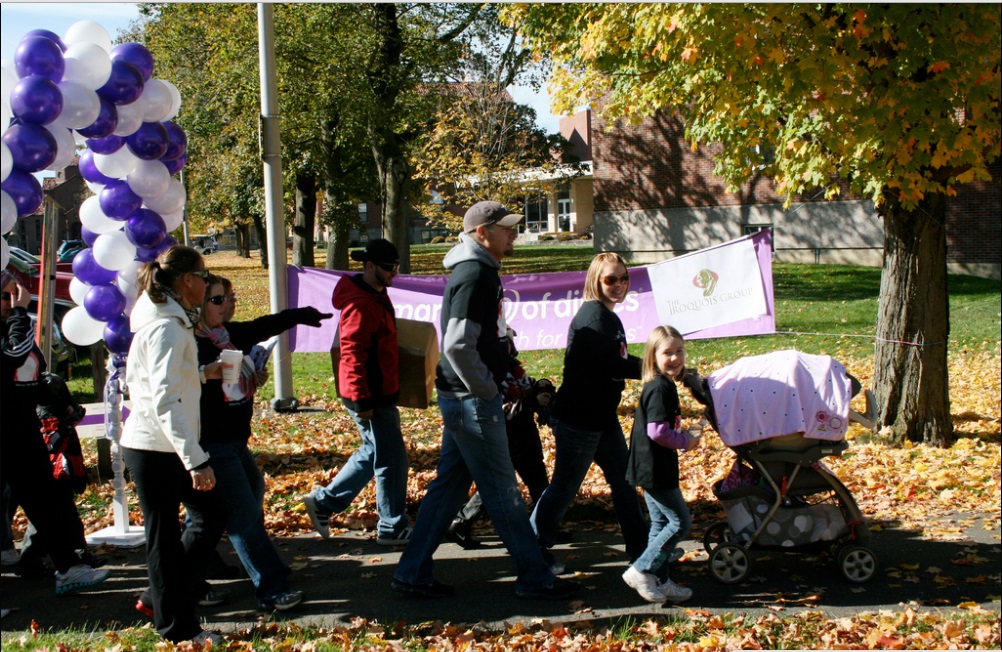By: Kevin Cooley
Staff Writer
Saint Francis’ followers opted to join him as he travelled and spread his wisdom. They chose to do so without Francis having to threaten them or force them to participate — such a policy would undo the culture of humble servitude that it sought to create.
The Student Government Association’s (SGA) current community service policy, which mandates that all clubs complete 20 hours of service, does not recognize this obvious truth.
That is not to say there is something wrong with a person serving their community. The Franciscan tradition values and encourages service.
Services performed under the dangling threat of withholding monetary funds is, however, blatantly un-Franciscan.
A functional club will automatically serve its community by fulfilling the organic goals it sets for itself. The Slam Poetry Club, for instance, of which I am currently president, encourages creativity and showcases a unique and growing poetic movement.
Our goals do not need to be artificially manipulated. They already promote Franciscan values that benefit the community. Service opportunities for those who wish to take a more immediate approach present themselves in the form of The Warming House and BonaResponds, along with 12 other options classified in the “Service and Advocacy” category on my.sbu.edu.
The service policy all SGA clubs are subject to is not only flawed in its conception, but also in its practical application. The current policy discourages group participation in community service events, regardless of whether or not this discouragement is unintentional.
As is explained in Article XIX, Section 1.2 of the student constitution, if a group of 20 club members performs a service function together for one hour, one hour of their service obligation will be fulfilled. If three club members perform the same task for the same amount of time, they too will have one hour of their obligation fulfilled, regardless of their significantly smaller contribution.
While the idea may be to encourage the club as an organized unit to live up to the school’s Franciscan values of service and fraternity, there is a complete lack of incentive to perform the given tasks as a group.
This policy consequentially forces individual club members, most likely the more active and invested members, to have to find a way to balance the natural tasks of operating their club with the tasks that come with the community service obligation.
Without the ability to remove members from an SGA club, the president of a non-hierarchal club has no leverage with which to encourage less-inspired members to participate in the assigned community service hours.
The club leader is then forced to burden yet another responsibility in the endless line of headaches that managing a club can offer to serve their community. This goal would be easier achieved if the club was left to its natural devices.
cooleykj10@bonaventure.edu







